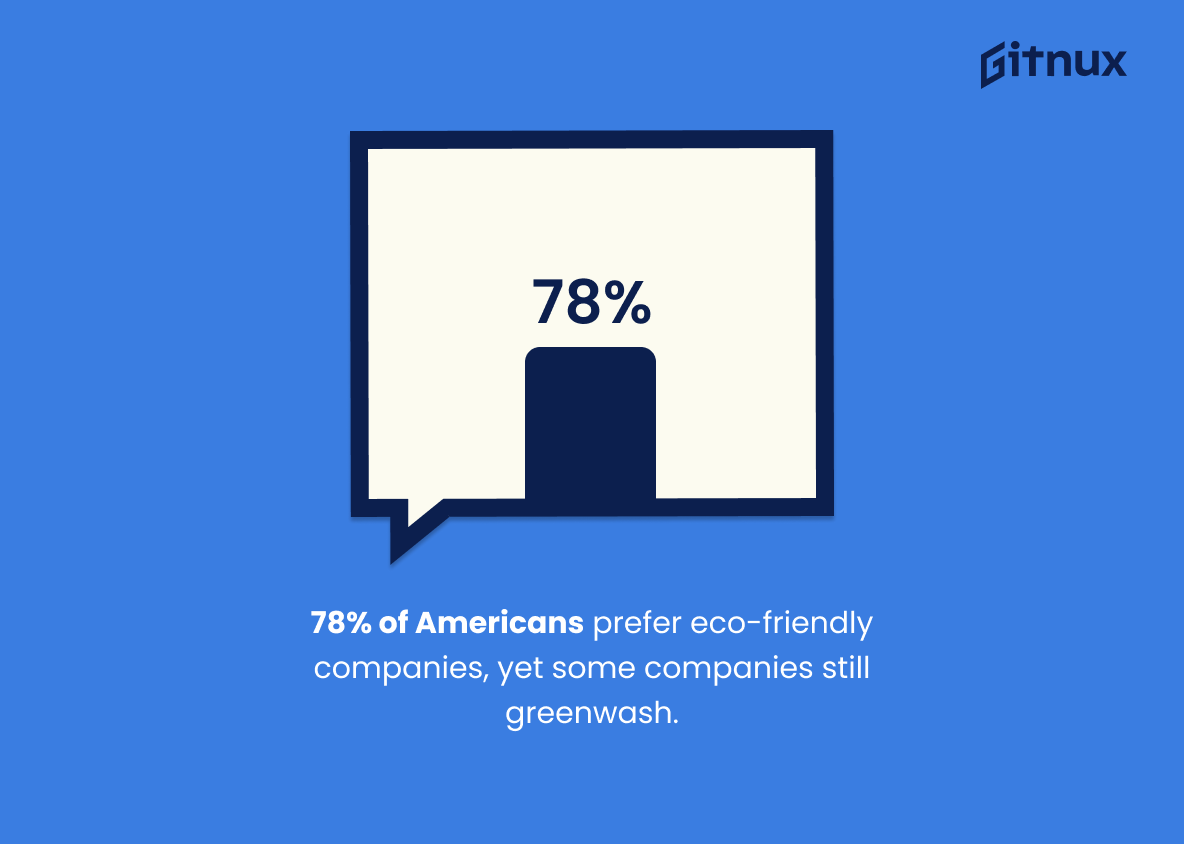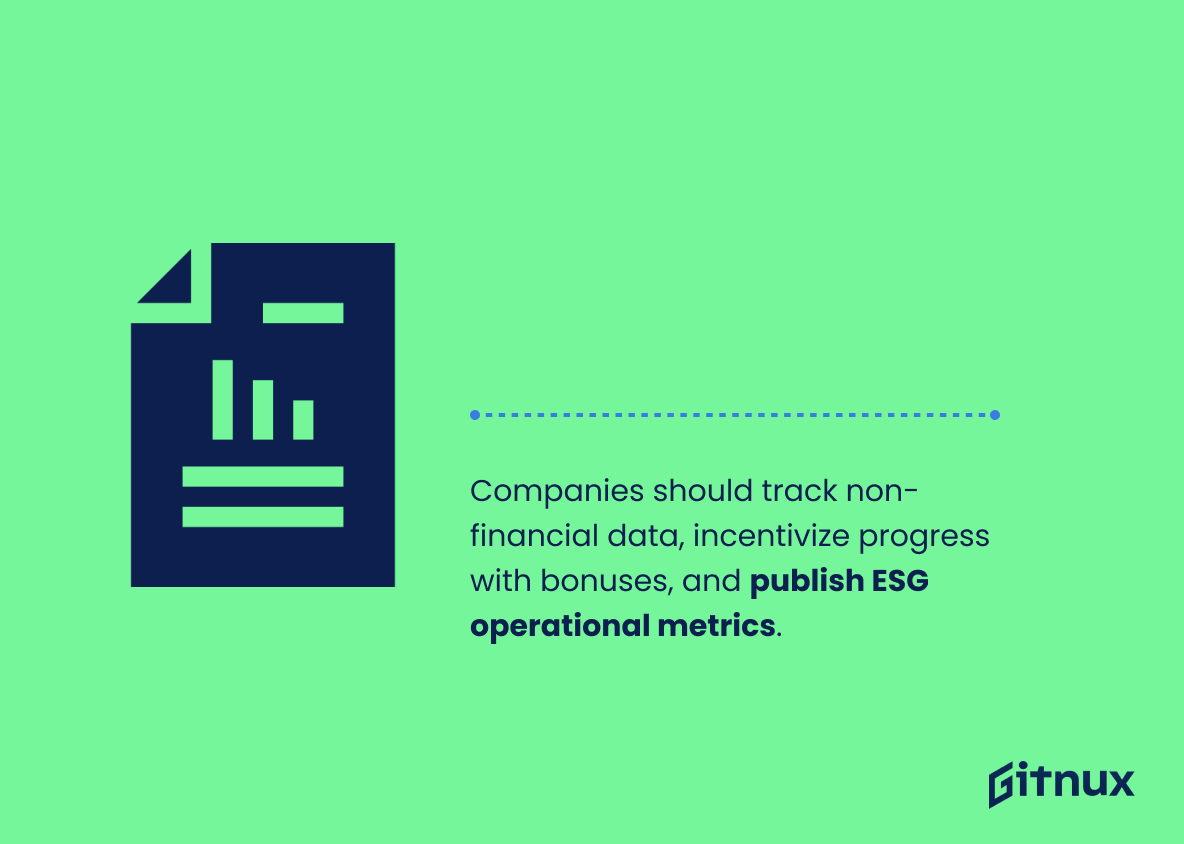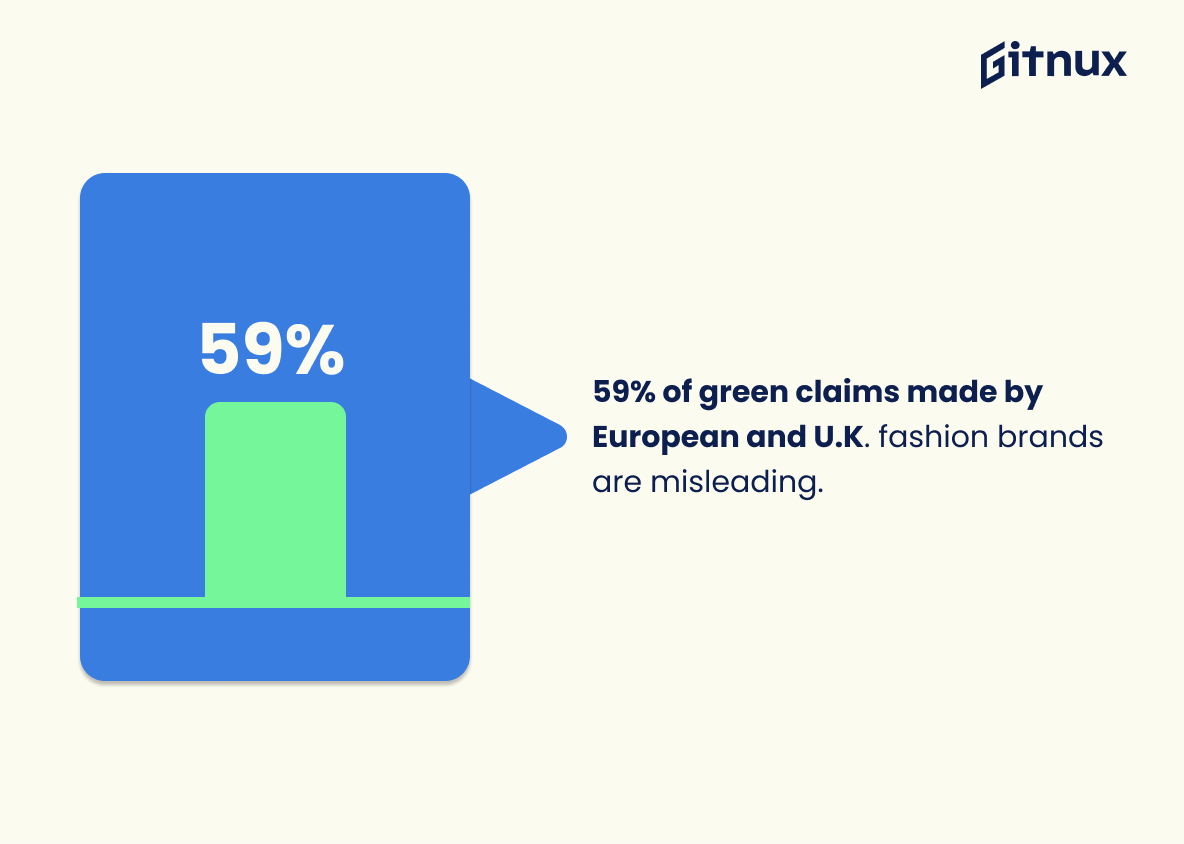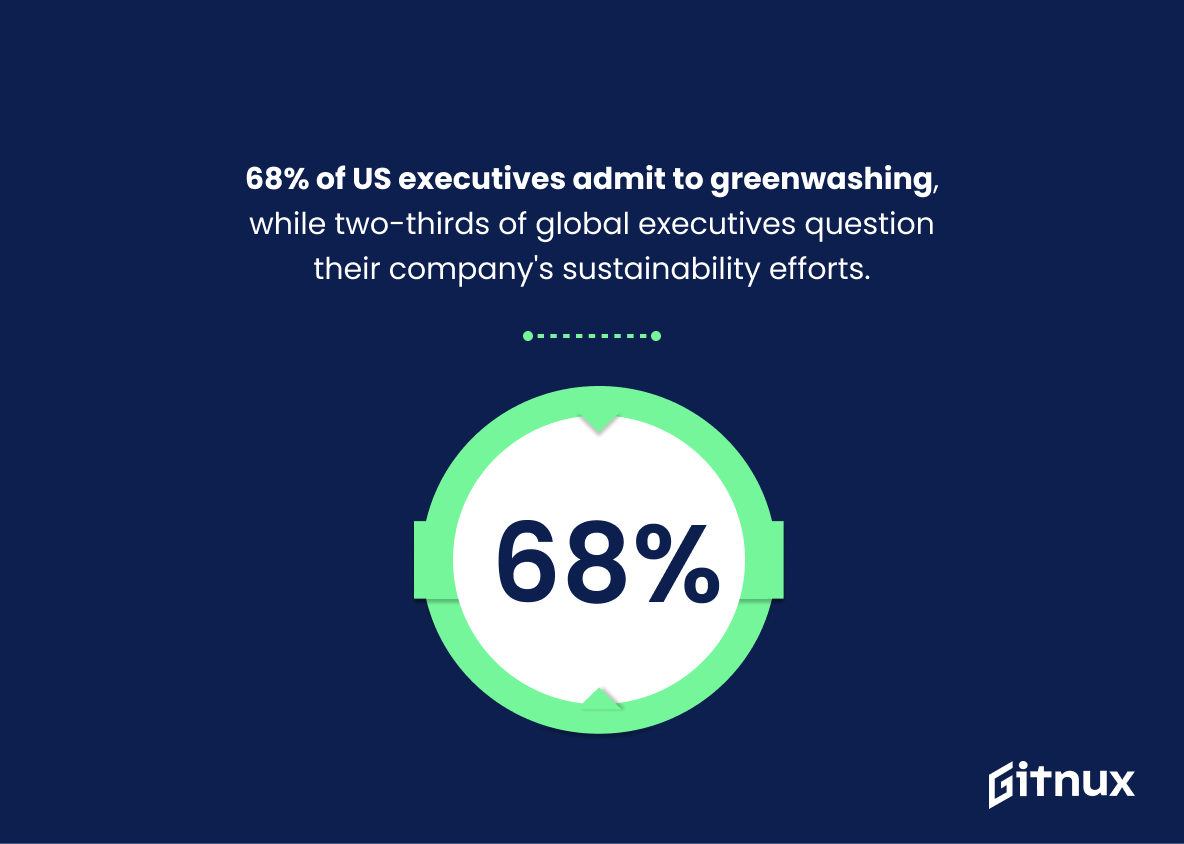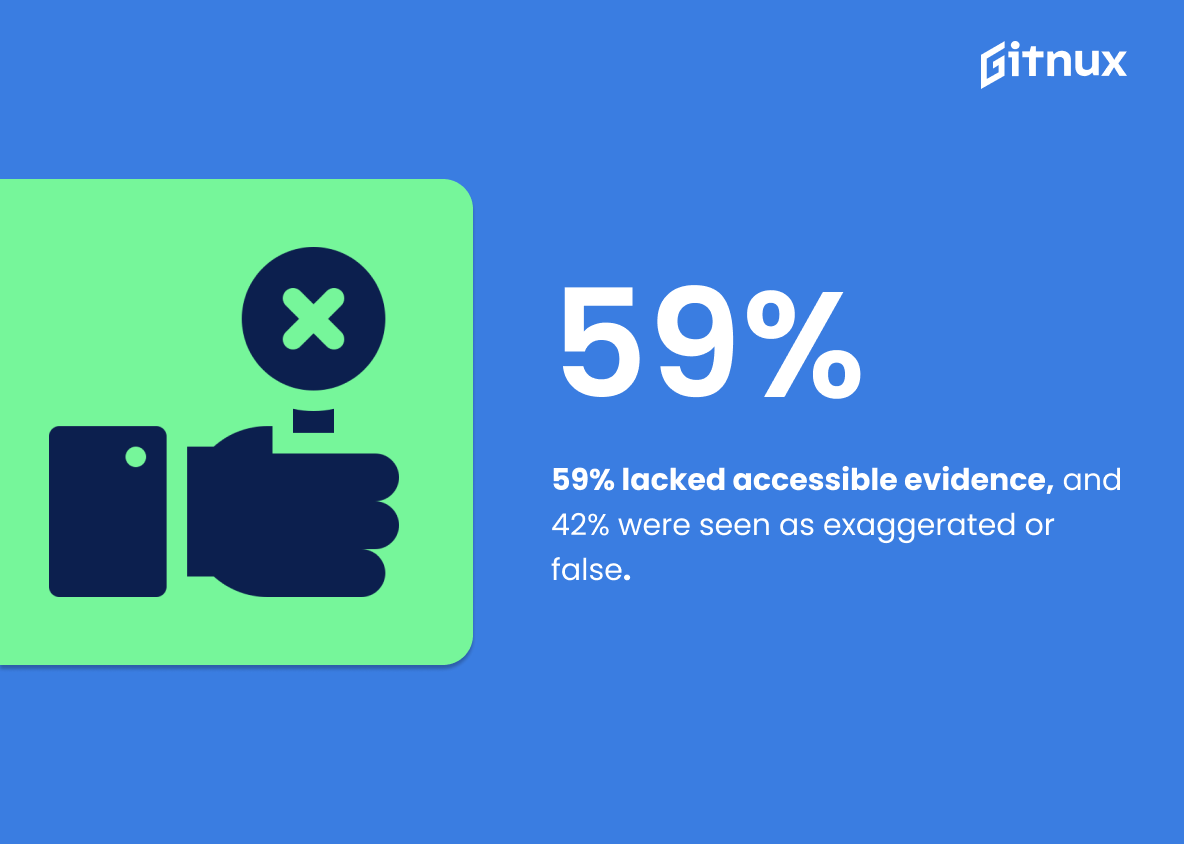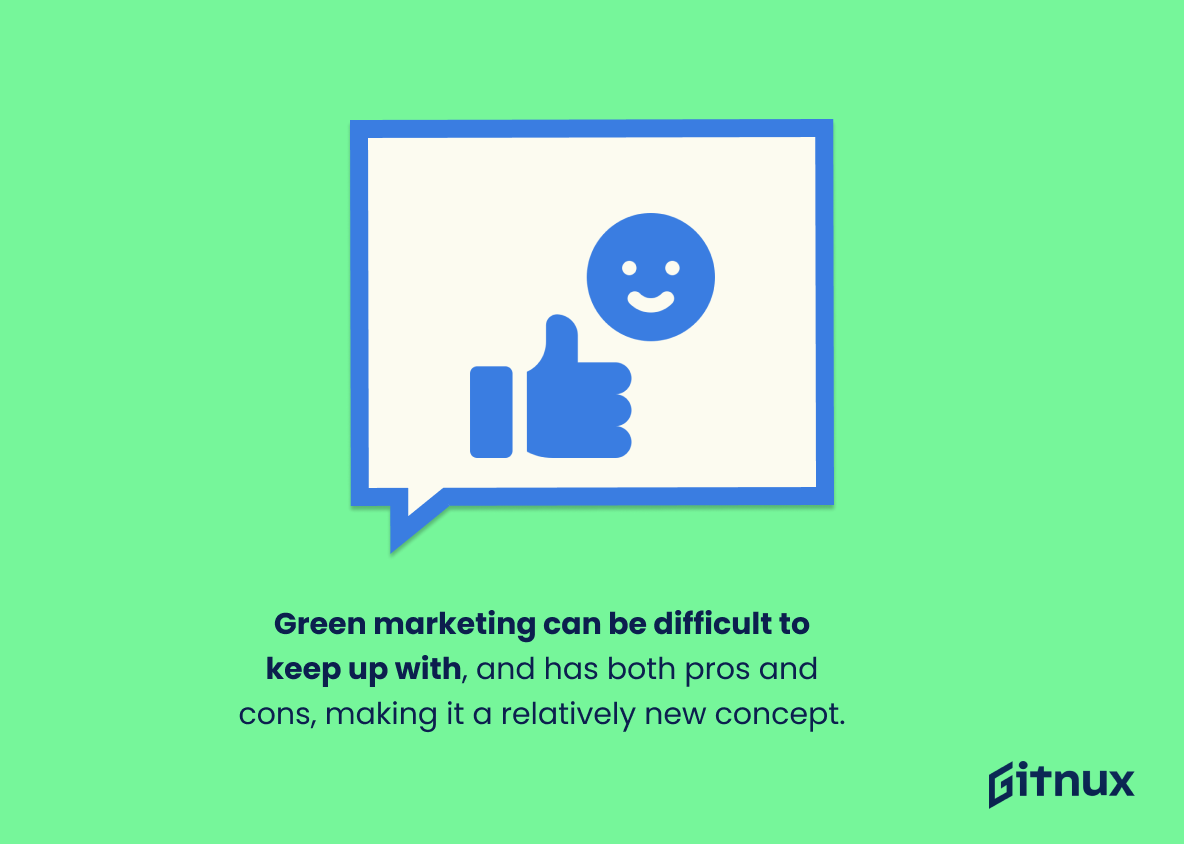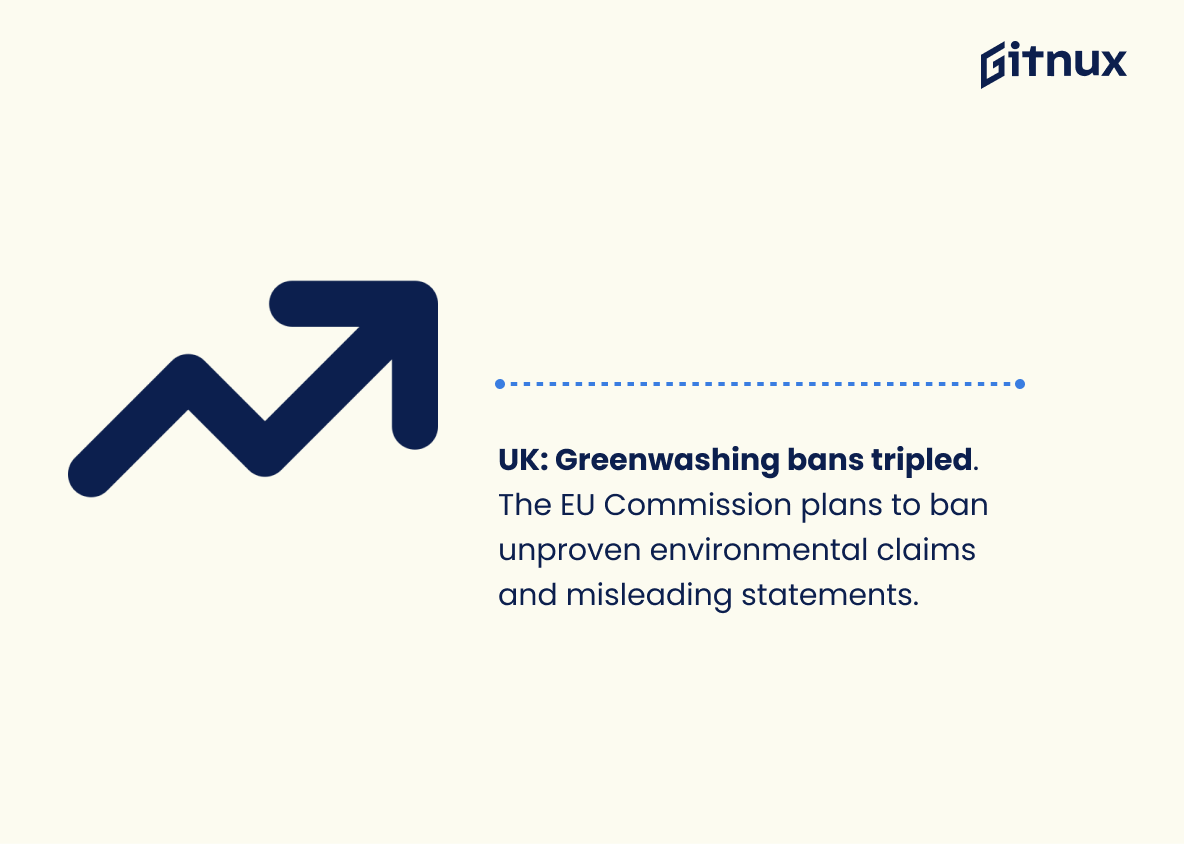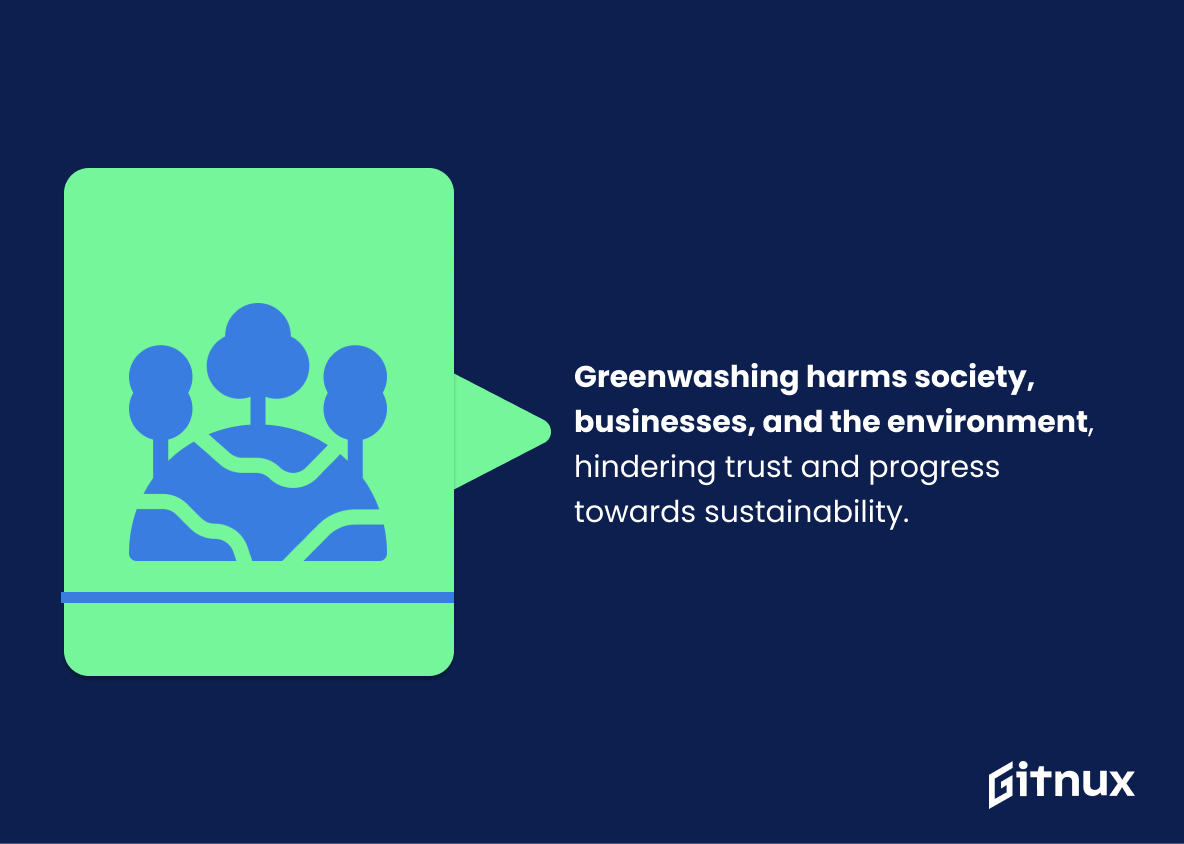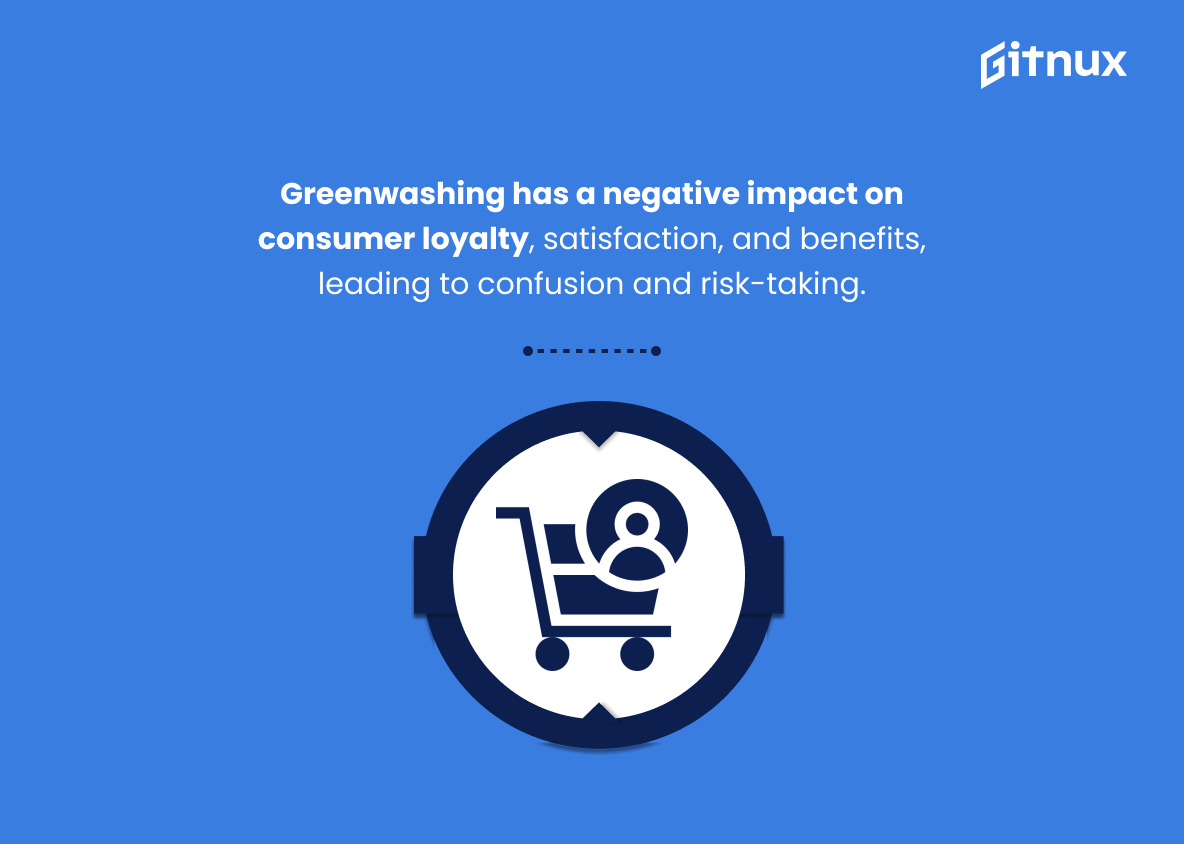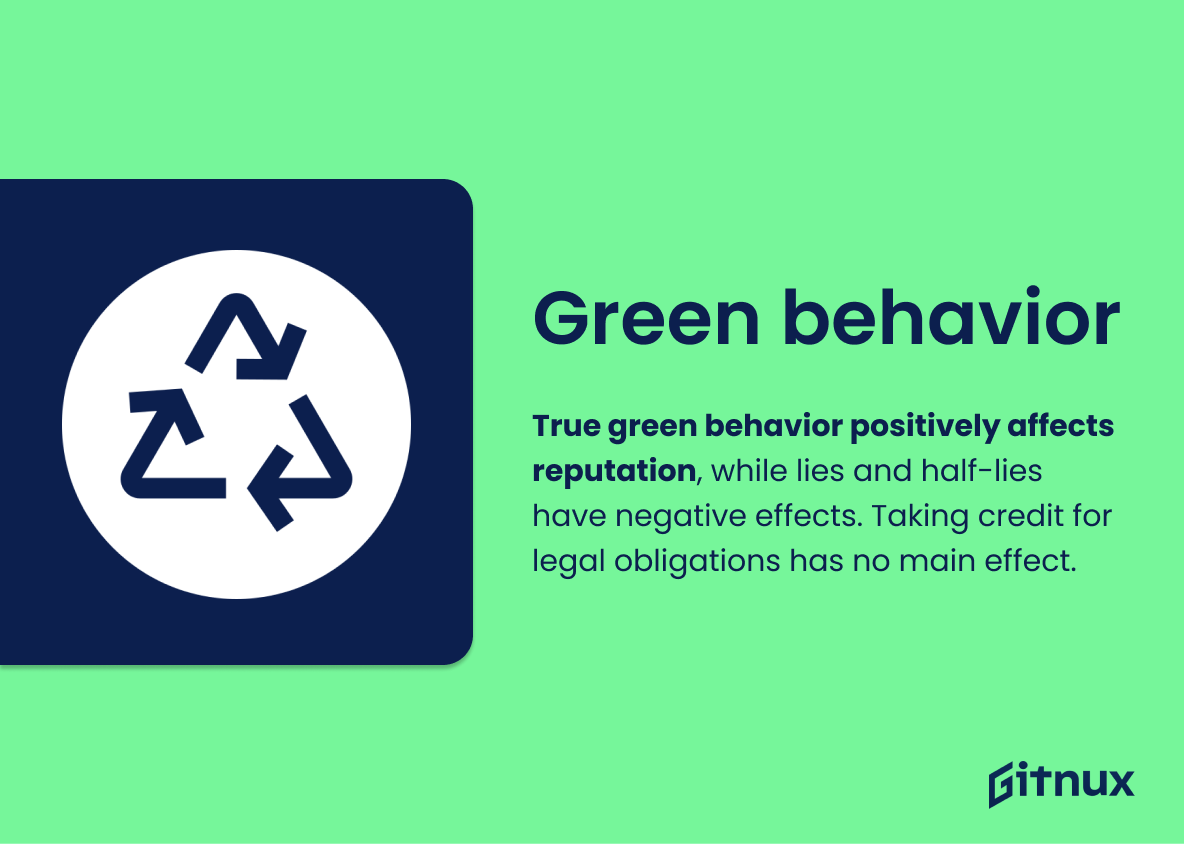Greenwashing is a growing concern for consumers and businesses alike. As companies strive to appear more environmentally friendly, many are engaging in deceptive marketing practices to make their products seem more eco-friendly than they actually are. Unfortunately, these deceptive marketing practices are becoming increasingly common, and the statistics surrounding greenwashing are alarming.
In this blog post, we’ll take a look at the greenwashing statistics and discuss what they mean for businesses and consumers.
Greenwashing: The Most Important Statistics
59% of green claims made by European and UK fashion brands are misleading.
59% of researched subjects did not provide easily accessible evidence to support their claims, and 42% of them were believed to be exaggerated, false or deceptive.
Greenwashing: Statistics Overview
Greenwashing is when companies make false claims about their green initiatives in order to mislead investors and consumers. It can lead to consumers overpaying for green products, and it also reduces trust in companies that are genuinely trying to make a meaningful commitment to green initiatives.
Greenwashing can be classified into four categories: firm-level executional, firm-level claim, product-level executional, and product-level claim.
This information provides a framework for understanding the different types of greenwashing that companies may be engaging in. By understanding the different types of greenwashing, companies and consumers can be better informed and take action to prevent or reduce greenwashing.
78% of Americans believe companies should be environmentally responsible and 64% say they feel happy when buying sustainable products, yet companies are still engaging in greenwashing tactics.
Despite the majority of Americans wanting companies to be environmentally responsible and feeling happy when buying sustainable products, companies are still engaging in greenwashing tactics. This highlights the need for companies to be more transparent and honest about their environmental practices.
Companies should track key non-financial data, incentivize progress with bonus systems, and publish operational measures for ESG evaluations.
This provides a checklist for companies to ensure they are not engaging in greenwashing. Companies should be transparent and accountable for their environmental practices and be able to provide evidence that they are taking steps to reduce their environmental impact. By tracking non-financial data, incentivizing progress, and publishing operational measures, companies can demonstrate that they are taking action to reduce their environmental impact and are not simply engaging in greenwashing.
59% of green claims made by European and U.K. fashion brands are misleading.
It highlights the prevalence of greenwashing in the fashion industry. It shows that despite pledges to reduce their environmental footprint, many brands are still making false or misleading claims about their sustainability practices. This is concerning because it means that consumers may be misled into thinking that their purchases are more sustainable than they actually are.
68% of US executives admit their companies are guilty of greenwashing. And two-thirds of executives globally questioned whether their company’s sustainability efforts were genuine.
Greenwashing—the practice of making false or misleading claims about a company’s commitment to the environment—can lead to mistrust from consumers and other stakeholders. If businesses are not genuine in their sustainability efforts, it can have a negative impact on their reputation and can create a barrier to meaningful progress. It is important for companies to be transparent about their sustainability initiatives and to take steps to ensure their commitments are genuine.
59% of researched subjects did not provide easily accessible evidence to support their claims, and 42% of them were believed to be exaggerated, false or deceptive.
Unfortunately, many companies are making false or exaggerated claims about their environmental practices, which can mislead consumers and potentially qualify as unfair commercial practices under EU rules.
Green marketing can be difficult to keep up with, and has both pros and cons, making it a relatively new concept.
This shows that there is both potential and risk associated with green marketing, and that businesses should be aware of both when considering it as a marketing strategy.
In the UK, the number of ads banned for greenwashing tripled in the last year. The European Commission is now considering new regulations that would ban vague environmental claims that can’t be proven, along with other misleading claims.
This statistic highlights the growing problem of greenwashing, which is when companies make false or exaggerated claims about their environmental practices and products. This can mislead consumers into buying products that may not actually be as green or sustainable as promised. By banning these ads, the UK and the European Commission are taking steps to protect consumers from false or misleading information. Additionally, this is important for ensuring that companies are held accountable for their environmental practices and are transparent about their products.
Greenwashing has disastrous consequences on society, businesses, and the environment, leading to a lack of trust, restrictions, and impeded progress towards sustainability.
It’s really import to avoid greenwashing in order to protect the environment, businesses, and society. Greenwashing can have serious negative impacts, so it is important to be aware of the consequences and take steps to prevent it.
Greenwashing has a negative impact on consumer loyalty, satisfaction, and benefits, leading to confusion and risk-taking.
This fact highlights the importance of avoiding greenwashing in order to maintain consumer loyalty, satisfaction, and benefits. If a product is identified as greenwashed, it can lead to confusion and risk-taking, which can have a negative impact on the product’s success. Therefore, companies should be aware of the potential consequences of greenwashing and take steps to avoid it.
True green behavior has the desired positive effects on reputation, while lies and half-lies have similar negative effects, and taking credit for following legal obligations has no main effect.
Only true green behavior will have the desired positive effects on reputation. Companies should consider it when deciding how to market their green initiatives, as greenwashing can have a negative effect on their reputation.
Conclusion
Greenwashing is an increasingly common practice in the business world, and the statistics show that it is becoming more and more prevalent. Companies are using greenwashing to make their products and services appear more environmentally friendly than they actually are, and this can be damaging to the environment and to the consumer.
It is essential for consumers to be aware of greenwashing and to be vigilant when making purchasing decisions. Companies should also be aware of the potential consequences of greenwashing and take steps to ensure that their products and services are truly environmentally friendly. By taking these steps, we can help to reduce the prevalence of greenwashing and ensure that our planet is protected.
References
1 – https://www.investopedia.com/terms/g/greenwashing.asp
2 – https://enveurope.springeropen.com/articles/10.1186/s12302-020-0300-3
3 – https://earth911.com/business-policy/how-to-spot-greenwashing/
4 – https://www.imd.org/ibyimd/brain-circuits/how-to-identify-greenwashing/
5 – https://www.greenqueen.com.hk/fashion-brands-sustainability-claims-greenwashing/
6 – https://fashionunited.uk/news/fashion/42-percent-of-companies-exaggerate-sustainability-claims-says-new-report/2021020253349
7 – https://brandongaille.com/14-pros-and-cons-of-green-marketing/
8 – https://www.panaprium.com/blogs/i/greenwashing-effects
9 – https://www.emerald.com/insight/content/doi/10.1108/RAUSP-08-2018-0070/full/html
10 – https://journals.sagepub.com/doi/full/10.1177/1050651919874105

